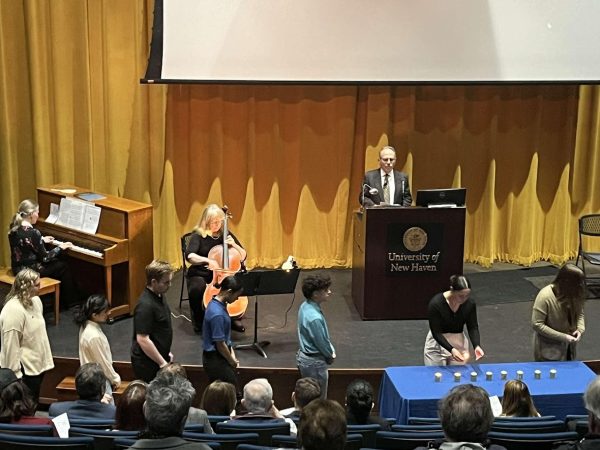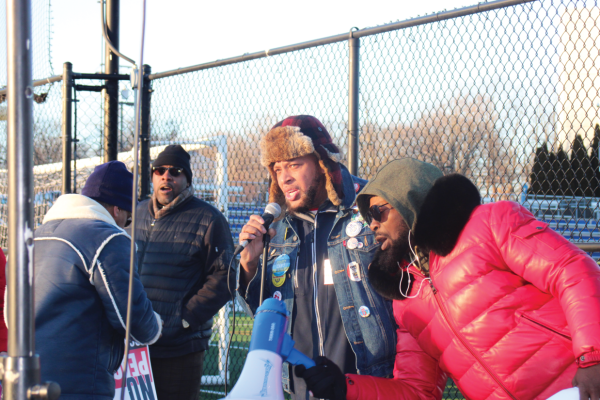The aftermath of a semester with no breaks
It is expected to feel burnout by the end of a college semester. As students prepare for finals and anticipate the impending vacation break ahead, it may be difficult to find the motivation to push through those last few weeks.
This has been an issue this semester in particular, in which there were no consecutive breaks, additional anxiety because of the pandemic and fewer opportunities to unwind with friends because of COVID-19 guidelines. While the University of New Haven granted four Recharge days in replacement of spring break, it was not an effective substitute, as none of the days offered consecutive breaks and many students used those days to catch up on schoolwork.
Interim director of Counseling & Psychological Services (CAPS) Paige Bartels said that CAPS has seen an increase in depression and anxiety among students and that more students have been utilizing their service.
“This has impacted student’s academic lives as students are more easily stressed out, and many are having difficulty motivating themselves to do work,” said Bartels.
Regarding the lack of spring break, Bartels said, “This is just one of the ways that COVID-19 has truly drained our resources. Students are lacking the mental breaks from academics and many are feeling burnt out, making crossing that so-called finish line more difficult.”
Emily Smidt, freshman hospitality and tourism major, believes that lack of spring break has impacted her mental health, and that of many students.
“My mental health has been tremendously impacted. I have been more stressed lately than ever before,” said Smidt. “Stressed to get my assignments completed, stressed about making sure I am still excelling in my studies, and much more, the list goes on.
However, she feels that the university is doing well to recognize the hardships of this semester. Some of her professors have either cancelled their final exams, or have lessened their workload.
“I am very happy and relieved that a couple of my professors have actually taken into consideration how much work us students have and how our mental health has been impacted by the pandemic.”
Senior psychology major Bradley Kozikowski said that he has been surrounded by issues this semester and that the changes COVID-19 has provoked have taken a toll.
“This semester has definitely been overwhelming, without a long break it feels like everything’s been pushed together and making me work harder,” said Kozikowski. “Compared to last semester, this one feels longer and has been more detrimental to my mental health.”
Bartels said that students can best prepare for finals by taking advantage of the many resources that the campus offers.
“We would encourage students to utilize the Center for Student Success, CLR, the Dean of Students office, have candid conversations with their professors and advisors, in addition to utilizing CAPS if needed,” said Bartels.
CAPS is open 8:30 a.m. to 4:30 p.m. on Monday through Friday and has a 24/7 crisis support line at 203-932-7333. Students can find more information on their webpage.

Beth Beaudry is a senior majoring in communication with a double concentration in journalism and public relations, and a minor in English. This is her...









